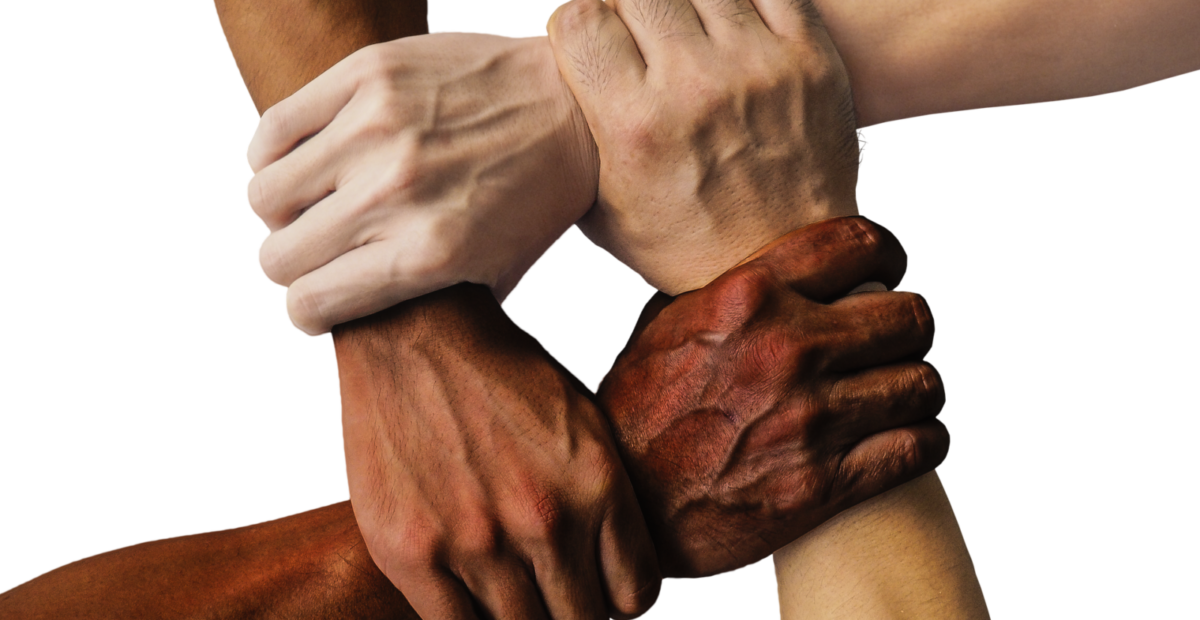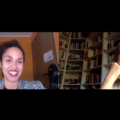
Watch
The culture of care as a pathway to peace

By Daniela Ropelato[1]
A commentary on Pope Francis’ message for the 54th World Day of Peace, which is celebrated every year on 1st January.
I was not surprised to find the theme of care in the press releases of Pope Francis’ Message for 1st January 2021, the 54th World Day of Peace. In fact, it gave me a welcome boost, and perhaps it was the same for many of us who work for #daretocare, as if Pope Francis was telling us: go on, you are with me, don’t slow down…
In recent months he has spoken about care on several occasions: in the hardest weeks of the pandemic and in his summer catechesis, up to the “Fratelli Tutti – All Brothers and sisters” of 4th October last, when he put at the heart of that text, the story of the Samaritan, which resonates with us as precisely the parable of care.
The 1st January Message thus reads like another page of “Laudato Sì” and “Fratelli Tutti”: if “social and political inertia is turning many parts of our world into a desolate byway, even as domestic and international disputes and the robbing of opportunities are leaving great numbers of the marginalized stranded on the roadside,” Pope Francis indicates a new “path to peace”, a real “compass of principles” to give a “common roadmap” to our journey.
It is time to make a precise choice: “to take care of each other and of creation, to build a society founded on relationships of brotherhood and sisterhood”, to the point of “becoming prophets and witnesses” of a “culture of care that eradicates the culture of indifference, discard and confrontation”. A culture that becomes “a common, supportive and participatory commitment”, capable of weaving a new type of society. Many are grateful to Pope Francis for his observation that: “this will only be possible with a strong and widespread leadership of women, in the family and in every social, political and institutional sphere”.
In the New Year message, the chapter on social principles can guide us clearly along our way. Pope Francis speaks of dignity, of solidarity with the poorest, of the common good, of safeguarding creation, not in the abstract, but inside the conflicts and within the social wounds. I was struck by the strong reference to the “distribution of resources” used for weapons, “resources that could be used for more significant priorities to ensure the security of people, such as the promotion of peace and integral human development, the fight against poverty, the guarantee of health needs”. And also the highlighting of the educational processes in the family, in schools, in communication.
I won’t go any further because I do not want to deprive anyone of the pleasure of reading the message in depth, to make us infected by of this ‘grammar’ of care. It is no coincidence that we see how much we need this perspective in the face of health and environmental crisis’, while there is growing awareness of common goods in urban areas, local areas and in peripheries, we also see this need for a new perspective in the struggle for the right to work, where the elderly, the sick and the disabled suffer, where the migration of peoples still finds the roads that are closed…
A final observation: it is not uncommon for someone to ask why today, alongside other very solid frames of reference, care is emerging as a so-called global ethical agenda. It is a question we could also ask of Pope Francis: why, on the path towards universal brotherhood, give prominence to a complementary idea like care? Perhaps we should not forget that it is life that guides us and, as Pope Francis has taught us, “reality is superior to the idea”[i]. Each era poses different questions and, as the multifaceted heritage of our humanity matures, the point of observation we take on also contributes to the elaboration of new ways of thinking, to the production of tools and coherent paths. Our point of observation today is this: we could say that the perspective of care, of taking care of each other today brings us directly and more concretely closer to certain dimensions of human life and of the cosmos that urgently challenge us. In a way, it is a question of understanding the relationship between the horizon that is always before us and the different paths that we can take to reach it and then anticipate it.
Along the way, we’ve met others who are studying the same theme. One of these avenues of research, for example, connects care with responsibility: looking at reality with a view of care highlights how vulnerable we are and therefore how we are responsible for each other. It is also an important study to justify inter-generational responsibility in the preservation of our ecosystem. From this point of view, the theme of care opens up a series of windows, an integrative vision of reality, to the point that we could say that today human society itself, politics itself, can no longer be understood without this dimension of care, of support and sharing, of effective service, of participation. Therefore, it is an extraordinary point of observation.
This is without forgetting the value of walking together and not allowing the overall perspective to be lost. Perhaps Pope Francis would be happy to know that if the culture of care and its compass have given precise directions to our commitment, on the other hand, to fraternity, the “global paradigm of political development“, as Chiara Lubich defined it on the Day of Interdependence in 2003. It is the polar star in this change of era, a transparent regulating principle that is also about caring, capable of continuously opening relationships and institutions to universality, of reconciling antagonistic conceptions, along with the different components in the unity of a design for good. It is a chapter that continues.
[1] Professor of Political Science, Sophia University Institute, Loppiano – member of the Politics for Unity Movement (MPPU) International Center
[i] Papa Francesco, Evangelii Gaudium (233)





